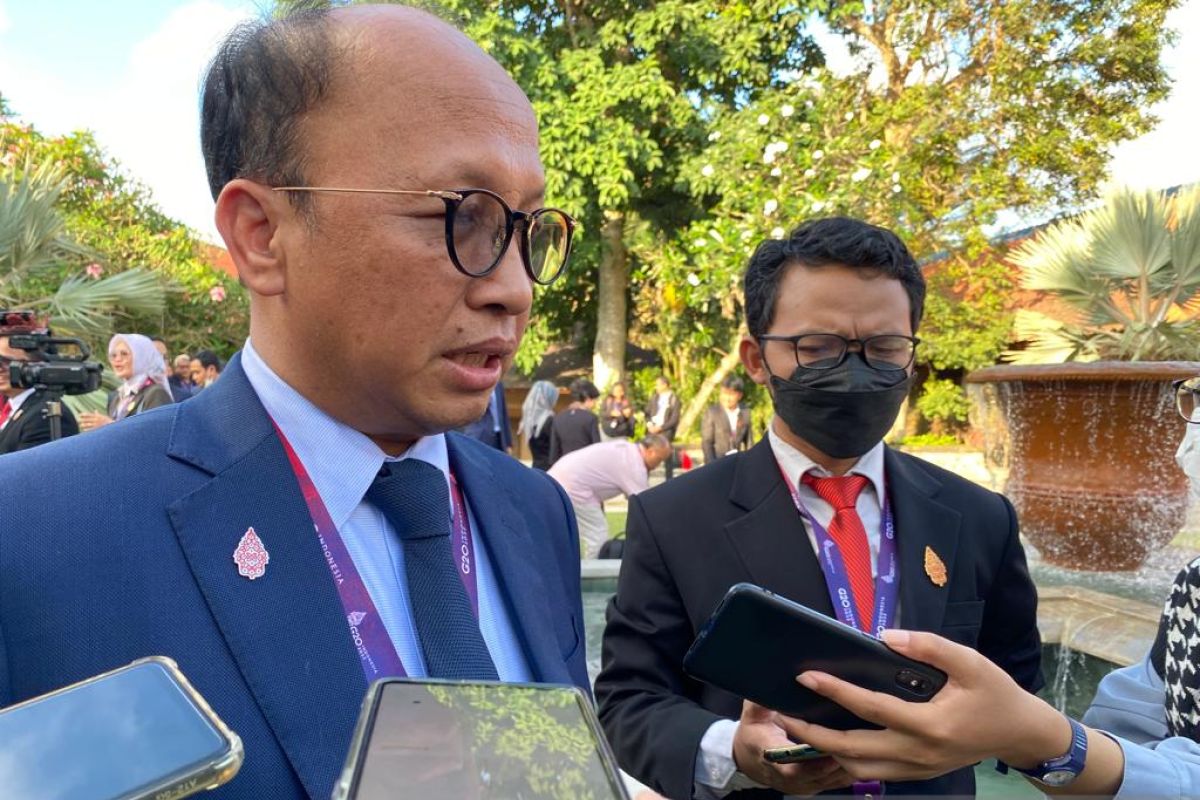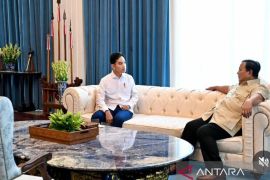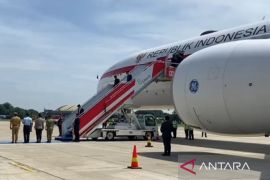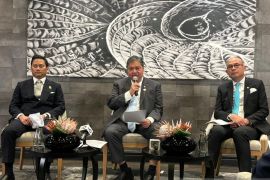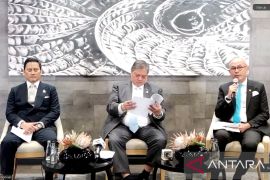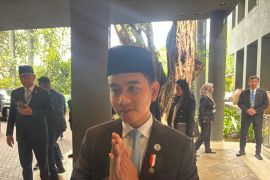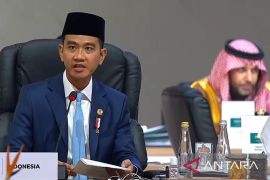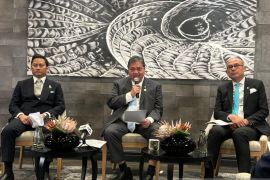"That is what I think is the best in the midst of the current situation that we can produce," Sanusi stated after the closing of the G20 LEMM in Badung District, Bali, on Wednesday.
Sanusi highlighted that no substantial debate took place throughout the process of generating the five agreement documents, starting from the Employment Working Group (EWG) meeting to the Labor and Employment Ministers Meeting (LEMM).
"Several agreement documents were produced, including those related to accelerating (efforts to absorb) groups of people with disabilities into an inclusive job market and capacity building through community-based vocational training," he remarked.
In addition, agreement documents were generated pertaining to the expansion of inclusive employment opportunities through the development and support of entrepreneurship and MSMEs, the protection of an adaptive workforce, and the development of integrated governance to ensure that every citizen receives proper basic education.
Sanusi said that there were indeed pros and cons in the G20 Labor and Employment Ministers Meeting (LEMM), considering the current global situation. However, all G20 countries reached an agreement on issues that had substance in the employment sector.
"The difference in substance is not a problem,” he stated.
"Everyone agrees, everyone wants it to be implemented as an important part for us to respond to global employment challenges," Sanusi remarked.
The G20 LEMM is a ministerial-level meeting that will follow up on the results of the discussion at the Employment Working Group (EWG) meetings—which have been held five times—on sustainable job creation, work safety and health, as well as building an inclusive labor market.
G20 member countries assented to the importance of expediting the development of an inclusive labor market for people with disabilities, Indonesian Manpower Minister Ida Fauziyah stated.
"We agree that it is important to accelerate the (implementation of) G20 principles related to the integration and inclusiveness of the labor market for persons with disabilities," Fauziyah earlier remarked.
The minister noted that the earlier series of the Employment Working Group (EWG) meetings under the G20 Indonesia Presidency's Sherpa Track, offered several perspectives, insights, and inputs for policy making by member countries.
One of the issues discussed at the meeting was an inclusive labor market and the affirmation of decent work for persons with disabilities.
Hence, she highlighted the need for a commitment to supervise the implementation of the principles.
On the occasion, Vice President Ma'ruf Amin encouraged all parties to forge cooperation to create an inclusive and safe environment for workers.
Amin said that Indonesia assumed the G20 Presidency, with a commitment to jointly restore the world's economic conditions by bolstering cooperation, including in the field of employment.
Indonesia continues to strive for the fulfillment of rights of workers with disabilities through ways, including the provision of inclusive infrastructure, he noted.
"Therefore, we must make the most of this honorable forum to build momentum and strengthen commitment and cooperation and share knowledge and experiences for an inclusive and sustainable recovery in the world of work," he affirmed.
Related news: G20 agrees on community-based vocational training approach: Minister
Related news: G20 concurs on accelerating development of inclusive labor market
Translator: Prisca T, Azis Kurmala
Editor: Rahmad Nasution
Copyright © ANTARA 2022
